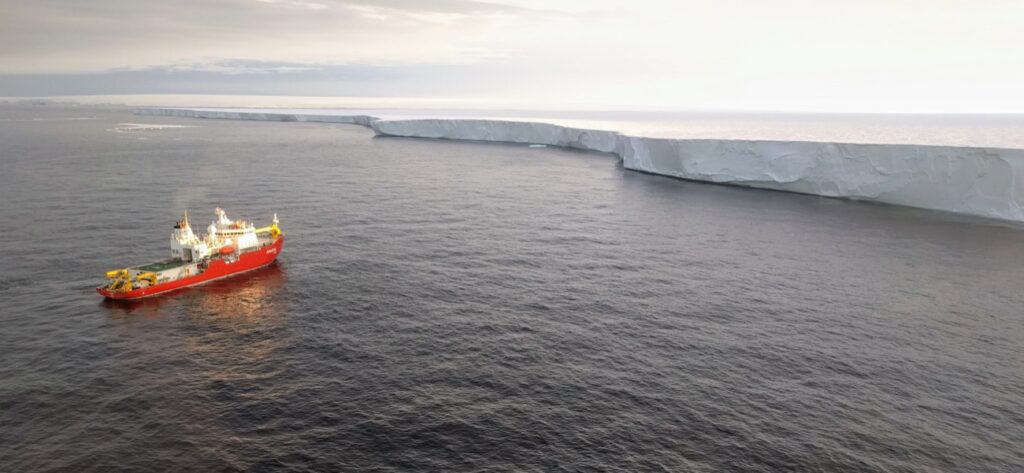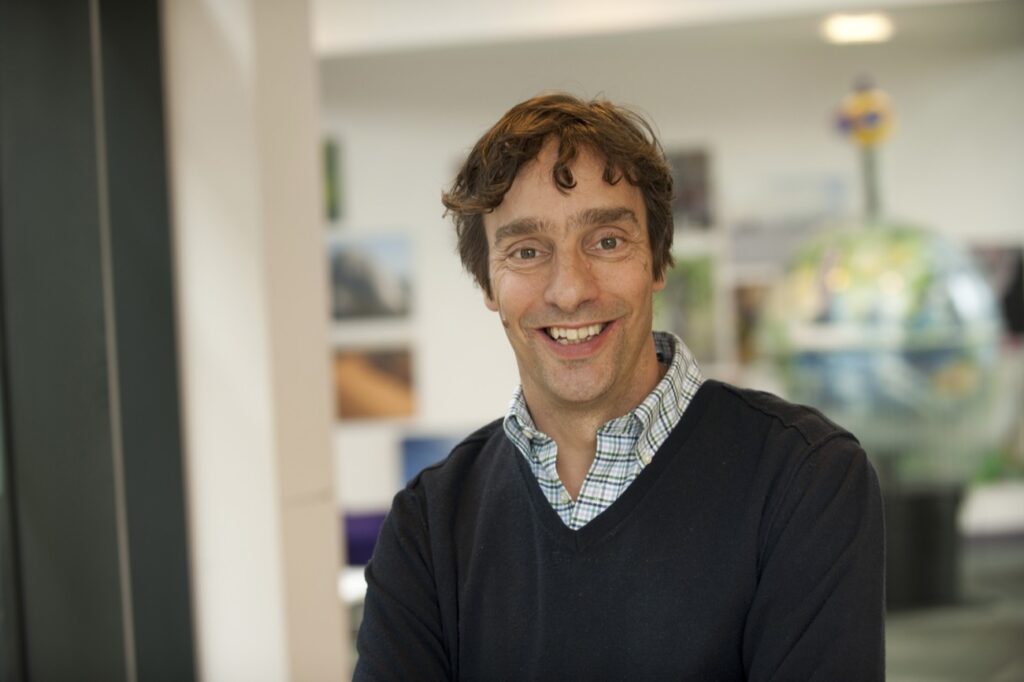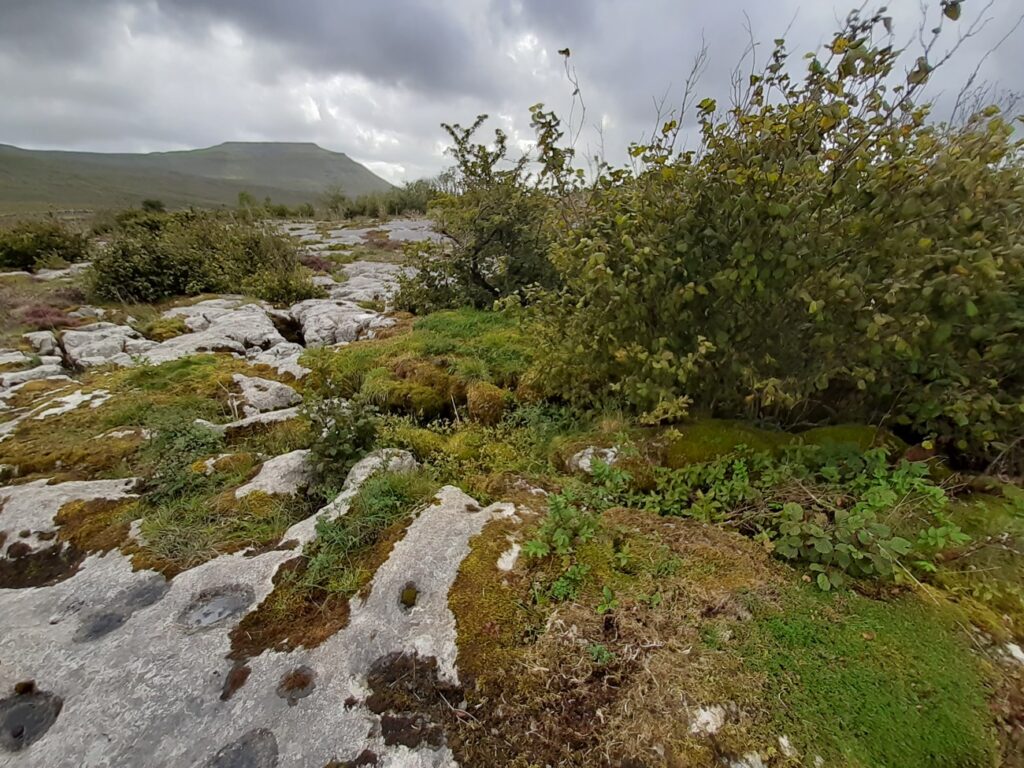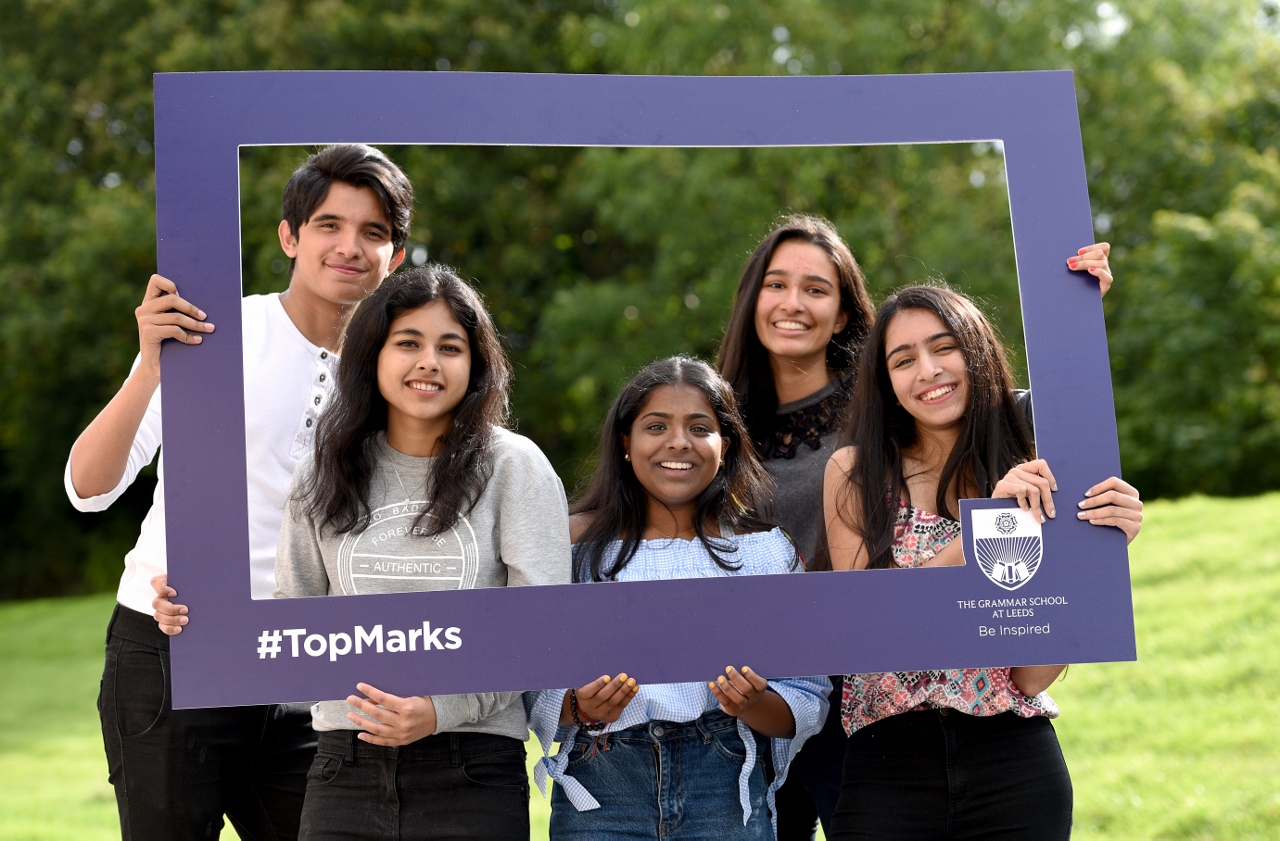COP26 Research Fellow Harriet Thew (pictured above) will take part in discussions around climate education and youth empowerment in the Blue Zone
Leeds climate researchers working to tackle the environmental crisis and help the world achieve net zero carbon emissions are preparing to address 200 world leaders at COP26 this month.
Known in full as the 26th United Nations (UN) Climate Change Conference of the Parties, COP is a yearly summit where leaders negotiate a response to global climate change.

This event, the 26th COP, is widely considered the last best chance for leaders to negotiate the way forward in tackling the climate crisis.
The conference, which this year takes place in Glasgow, presents an opportunity to steer our path away from a dangerous temperature rise towards the agreed target of limiting global heating to 1.5°C, and with it, a shift to a fairer, cleaner, healthier world in which to live.
Research and innovation from the University of Leeds is contributing to important discussions and negotiations taking place in the run up to, and at, COP26.
The conference is divided into two zones: Blue and Green. The Blue Zone is open only to government officials and accredited organisations and individuals, including 13 Leeds researchers.
Key negotiations will take place in the Blue Zone, as well as a range of events, talks and presentations from governments, businesses and institutions including Leeds on their work to tackle climate change.
The Green Zone is open to the public, where organisations can showcase their efforts to address the climate crisis. Here Leeds delegates will take part in a range of public-facing activities, and will lead a number of fringe events.
Several Leeds events will be live streamed online. Members of the public can register to attend via the University website.
Leeds at COP26
Leeds’ COP26 delegation includes researchers working across a range of disciplines, with the shared goal of tackling climate change.

Among the attendees are: Piers Forster, Professor of Climate Physics and Priestley Centre Director, will represent the Intergovernmental Panel on Climate Change (IPCC) to brief high level negotiations. He will also showcase the latest climate science through the Leeds-led CONSTRAIN EU research project, and will meet with other national climate council representatives on behalf of the UK Climate Change Committee to share and learn best practice.
This year the IPCC produced a report observing that changes in the Earth’s climate caused by human activity are being observed in every region and across the whole climate system.
Professor Forster, co-ordinating lead author of the report, said: “The bad news is that a low level of future warming can now be ruled out.
“But the good news is that if the world can substantially reduce emissions in the 2020s and get to net-zero CO2 emissions by 2050, temperature rise can still be limited to 1.5°C.”

COP26 Research Fellow Harriet Thew will take part in discussions around climate education and youth empowerment in the Blue Zone, as well as several Green Zone events on education and youth participation. These include the world premiere of the Ripple Effect film, which was made by young people from the UK and South Africa about how climate change affects their lives now.
Postgraduate researcher Heather Selley will address Blue Zone delegates, speaking about her research into fast flowing glaciers in the Getz region of West Antarctica. Heather’s 2021 research has shown that 14 glaciers in the Getz region are thinning and flowing more quickly into the ocean, adding to rising sea levels.
Stephen Whitfield, Associate Professor of Climate Change and Food Security, and COP26 Research Fellow, will speak in the Blue Zone on developing climate resilient food systems, using his research on approaches in sub-Saharan Africa.
Dom Spracklen,Professor of Biosphere-Atmosphere Interactions, will address Blue Zone attendees on the environmental impact of peatland fires. Professor Spracklen is currently working on a project to restore 1,200 hectares of land in the heart of the Yorkshire Dales national park, which will see the restoration of peatlands and the expansion of native woodland and scrub to remove and store carbon, helping to tackle the climate crisis.
About the University of Leeds
The University of Leeds is one of the largest higher education institutions in the UK, with more than 38,000 students from more than 150 different countries. We are renowned globally for the quality of our teaching and research.
We are a values-driven university, and we harness our expertise in research and education to help shape a better future for humanity, working through collaboration to tackle inequalities, achieve societal impact and drive change.
The University is a member of the Russell Group of research-intensive universities, and plays a significant role in the Turing, Rosalind Franklin and Royce Institutes. www.leeds.ac.uk












